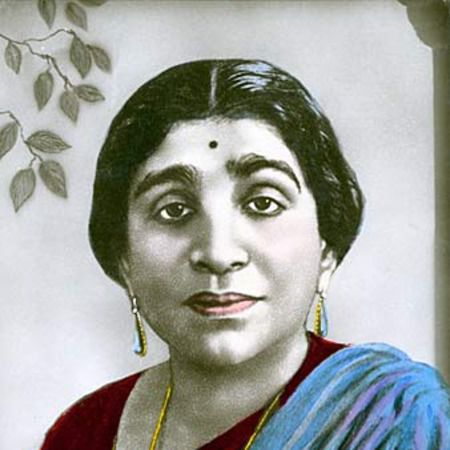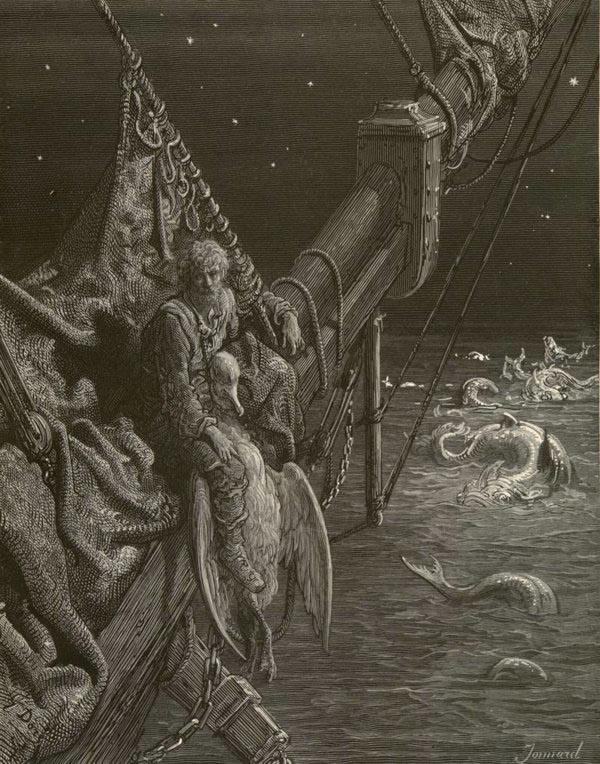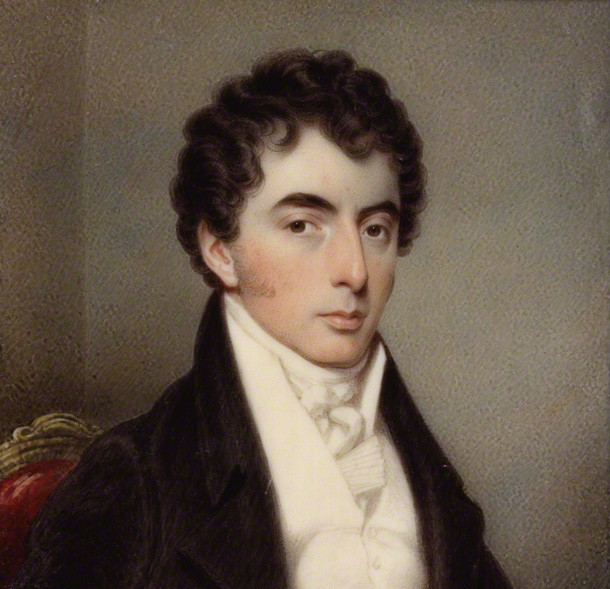This poem summary focuses on the poem ‘Mad Girl’s Love Song’ by the confessional poet Sylvia Plath. Before looking at the content of the poem, one must look at its title though. ‘Mad’ is here used to mean both mentally unstable, and angry. The fact that Plath characterizes herself as a ‘mad girl’ shows that she is both self-reflexive, and self-mocking. It seems, at first glance, to be a poem about lost love, and its caustic effects.
‘Mad Girl’s Love Song’ is made up of six stanzas. The first five stanzas are tercets consisting of three lines, while the sixth and final stanza is a quatrain consisting of four lines. The first stanza introduces Plath speaking to us readers in her own person, in the mode of all confessional poetry. Plath plays on the saying “seeing is believing.” She shuts her eyes and the world that is making her suffer seems to disappear. However, when she re-opens her eyes, it is evident that she has not been able to escape that world. When she doesn’t see the world, she believes that it is dead. But when she confronts the world in front of her eyes, she cannot deny its existence. Plath ends this stanza by saying that the lover whose absence is making her miserable is probably just an illusion that she herself has created within her troubled mind.
In the second stanza, Plath says that the stars that could have lit up her life have gone “waltzing out”. This particular expression has two connotations – one, that only the stars had given her joy when they had still been there, in which case she is hinting at the fact that the relationship she is lamenting wasn’t very fulfilling to begin with, and two, that even the stars are happy to desert her in her misery. Next, Plath says that in place of the stars, “arbitrary blackness” has come “gallop(ing) in.” The fact that this blackness is arbitrary shows that it can affect anybody at any time. Plath is in fact hinting at depression here. “Galloping” connotes a fast-paced movement, like an onslaught. It is as if depression has charged at her suddenly, and attacked her with full force. The third line of this stanza is a repetition of the first line of the poem, with Plath pretending that all her sorrows will disappear if only she stops acknowledging the existence of this world.
In the third stanza, Plath says that she dreamed of her lover casting a spell on her to make sure that she ends up in her bed. But this spell smacks of black magic, rather than the romantic sense of a man ‘charming’ a woman with his ways. She goes on to say that in her dream, her lover sang to her and kissed her “quite insane.” The fact that she uses the more formal ‘insane’ rather than the colloquial ‘crazy’ shows that she is not talking of romance, but of the adverse effects of love. Moreover, the only place where her lover is seen is in a dream, which leads her to the logical conclusion that she must have conjured him up inside her head.
The fourth stanza has Plath talking of both heaven and hell, and saying that neither matters to her. God is no longer up in the sky where He belongs, hell’s fires have been quenched, and both the good angels and Satan’s men have disappeared from her life. Plath is hinting at the fact that her madness is oblivious to consequences, since the rational man fears God’s judgement, but she does not. This stanza ends with the repetition that the earth seems to disappear when she closes her eyes. Reading this line immediately reminds us that in fact the earth will reappear when she opens her eyes once again. Thus Plath is aware (though she may not want to admit it) that heaven and hell are also real, and that her actions have consequences. The suffering that she is undergoing is after all a consequence of her love for a man who never deserved her.
In the fifth stanza, Plath says that she had once believed that her lover, who had deserted her, would one day return to her. However, that does not seem to be happening. Instead, she is growing old. Plath is intensely aware that “love is for the young.” Plath goes on to say that with the passing of years, she has started to forget his name. Here a tone of bitterness is detected, as if by forgetting his name she is revenging herself on him for forgetting her. The fact that the name is slipping from her again makes her think that perhaps the lover was just an illusion.
In the sixth stanza, Plath says that instead of a man she should have loved a thunderbird. The thunderbird is a mythical bird that supposedly leaves for the winter, but always returns in springtime. This has two connotations. Firstly, Plath is hinting that she would have compromised and been happy if her lover had only been present sometimes rather than be with her forever. This is an indication of the fact that she suffers from low self-esteem. Secondly, Plath is saying that she would prefer an imaginary and inconsistent love, rather than a real and absent one. The tone of anguish here is unmistakable. The poem ends with the repetition of the first and third lines from the first stanza, in which Plath seems in fact to retreat to a world of imagination with her eyes closed and becomes enveloped entirely by her troubled mind.
Dear Readers- If this summary/analysis has helped you, kindly take a little effort to like or +1 this post or both. Make sure you like Beamingnotes Facebook page and subscribe to our newsletter so that we can keep in touch. We’ll keep informing you about stuffs that are really interesting, worth knowing and adds importance to you.
Some online learning platforms provide certifications, while others are designed to simply grow your skills in your personal and professional life. Including Masterclass and Coursera, here are our recommendations for the best online learning platforms you can sign up for today.
The 7 Best Online Learning Platforms of 2022
- Best Overall: Coursera
- Best for Niche Topics: Udemy
- Best for Creative Fields: Skillshare
- Best for Celebrity Lessons: MasterClass
- Best for STEM: EdX
- Best for Career Building: Udacity
- Best for Data Learning: Pluralsight
















